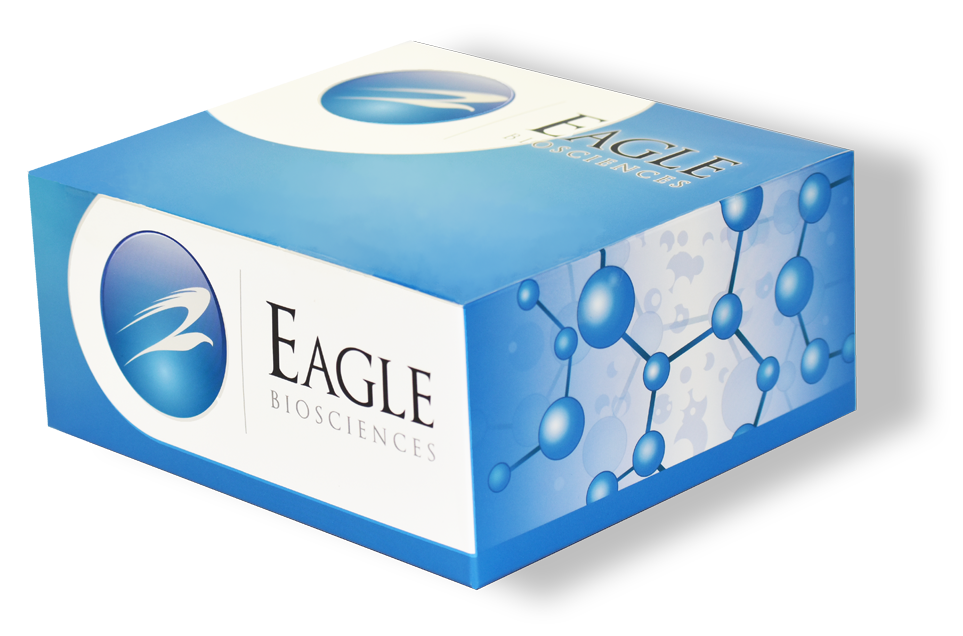Zika Virus IgM is an immunoglobulin M antibody produced by the body’s immune system in response to an acute Zika virus infection. Typically, ZIKV-specific IgM antibodies appear within the first few days after symptom onset—usually by the end of the first week—and can persist for several weeks to months. The detection of Zika virus IgM serves as an early biomarker of infection, as it indicates a recent or current immune response to the virus. However, due to the antigenic similarity among flaviviruses (such as dengue and yellow fever), ZIKV IgM assays can sometimes yield cross-reactive results, which may complicate interpretation, especially in regions where multiple flaviviruses are endemic.
In research settings, the measurement of ZIKV IgM is used to study immune kinetics, evaluate vaccine responses, and understand the temporal dynamics of infection and antibody persistence. It also aids in validating novel diagnostic platforms and distinguishing between primary and secondary flavivirus infections. In clinical settings, Zika virus IgM testing plays a crucial role in the diagnosis of suspected Zika infection, particularly in pregnant women, due to the virus’s association with congenital Zika syndrome and neurological complications such as Guillain-Barré syndrome. When used alongside nucleic acid amplification tests (NAATs) and plaque reduction neutralization tests (PRNTs), ZIKV IgM detection helps confirm infection timing and guide patient management, epidemiological surveillance, and public health interventions.
This product is manufactured in USA by Eagle Biosciences.
| Size | 1 x 96 Well |
| Sensitivity | Cut-off |
| Dynamic Range | – |
| Incubation Time | 2 hours |
| Sample Type | Serum, Plasma |
| Storage | 2-8°C |
| Alternative Names | ZIKV IgM, anti-Zika virus IgM antibody, Zika IgM antibody, Zika virus-specific IgM, or Zika virus immunoglobulin M. |

